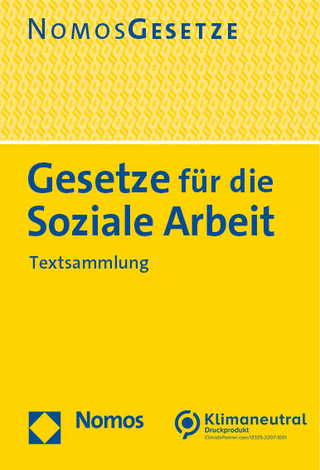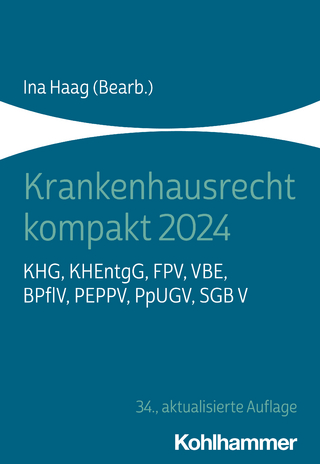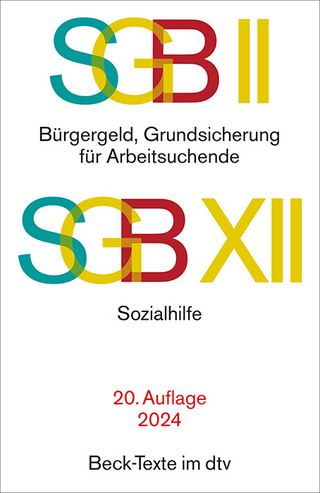
The Chicago Canon on Free Inquiry and Expression
Seiten
2024
University of Chicago Press (Verlag)
978-0-226-83780-2 (ISBN)
University of Chicago Press (Verlag)
978-0-226-83780-2 (ISBN)
- Noch nicht erschienen (ca. Oktober 2024)
- Versandkostenfrei innerhalb Deutschlands
- Auch auf Rechnung
- Verfügbarkeit in der Filiale vor Ort prüfen
- Artikel merken
A collection of texts that provide the foundation for the University of Chicago’s longstanding tradition of free expression, principles that are at the center of current debates within higher education and society more broadly.
Free inquiry and expression are hotly contested, both on campus and in social and political life. In higher education, the University of Chicago has been at the forefront of conversations around free speech and academic freedom since its inception in the late nineteenth century. The University combined elements of a research university with a commitment to American pragmatism and democratic progress, all of which depended on what its first president referred to as the “complete freedom of speech on all subjects.” In 2014, then University provost and president J. D. Isaacs and Robert Zimmer released a statement now known as the Chicago Principles, which have since been adopted or endorsed by one hundred US colleges and universities. These principles are just a part of the long-standing dialogue at the University of Chicago around freedom of expression—its meaning and limits. The Chicago Canon on Free Inquiry and Expression brings together exemplary documents that explain and situate this ongoing conversation with an introductory essay that brings the tradition to light.
Throughout waves of historical and societal challenges and changes, this first principle of free expression has required rearticulation and new interpretations. The documents gathered here include, among others, William Rainey Harper’s “Freedom of Speech” (1900), the Kalven Committee’s report on the University’s role in political and social action (1967), and Geoffrey R. Stone’s “Free Speech on Campus: A Challenge of Our Times” (2016). Together, the writings of the canon reveal how the Chicago tradition is neither static nor stagnant, but a vibrant experiment; a lively struggle to understand, practice, and advance free inquiry and expression.
At a time of nationwide campus speech debates, engaging with these texts and the questions they raise is essential to sustaining an environment of broad intellectual and ideological diversity. This book offers a blueprint for the future of higher education’s vital work and points to the civic value of free expression.
Free inquiry and expression are hotly contested, both on campus and in social and political life. In higher education, the University of Chicago has been at the forefront of conversations around free speech and academic freedom since its inception in the late nineteenth century. The University combined elements of a research university with a commitment to American pragmatism and democratic progress, all of which depended on what its first president referred to as the “complete freedom of speech on all subjects.” In 2014, then University provost and president J. D. Isaacs and Robert Zimmer released a statement now known as the Chicago Principles, which have since been adopted or endorsed by one hundred US colleges and universities. These principles are just a part of the long-standing dialogue at the University of Chicago around freedom of expression—its meaning and limits. The Chicago Canon on Free Inquiry and Expression brings together exemplary documents that explain and situate this ongoing conversation with an introductory essay that brings the tradition to light.
Throughout waves of historical and societal challenges and changes, this first principle of free expression has required rearticulation and new interpretations. The documents gathered here include, among others, William Rainey Harper’s “Freedom of Speech” (1900), the Kalven Committee’s report on the University’s role in political and social action (1967), and Geoffrey R. Stone’s “Free Speech on Campus: A Challenge of Our Times” (2016). Together, the writings of the canon reveal how the Chicago tradition is neither static nor stagnant, but a vibrant experiment; a lively struggle to understand, practice, and advance free inquiry and expression.
At a time of nationwide campus speech debates, engaging with these texts and the questions they raise is essential to sustaining an environment of broad intellectual and ideological diversity. This book offers a blueprint for the future of higher education’s vital work and points to the civic value of free expression.
Tony Banout is the inaugural executive director of the University of Chicago’s Forum for Free Inquiry and Expression. A lifelong advocate for ideological diversity and inclusion in academia, Banout serves as a board member of the Heterodox Academy. Tom Ginsburg is the Leo Spitz Distinguished Service Professor of International Law at the University of Chicago, where he serves as faculty director for the Forum on Free Inquiry and Expression, as well as the Malyi Center for the Study of Institutional and Legal Integrity. He is the author or editor of thirty books, including How to Save a Constitutional Democracy with Aziz Z. Huq, also published by the University of Chicago Press.
| Erscheint lt. Verlag | 14.10.2024 |
|---|---|
| Sprache | englisch |
| Maße | 140 x 216 mm |
| Gewicht | 454 g |
| Themenwelt | Recht / Steuern ► Arbeits- / Sozialrecht ► Sozialrecht |
| Recht / Steuern ► EU / Internationales Recht | |
| Sozialwissenschaften ► Pädagogik ► Erwachsenenbildung | |
| Sozialwissenschaften ► Politik / Verwaltung | |
| ISBN-10 | 0-226-83780-7 / 0226837807 |
| ISBN-13 | 978-0-226-83780-2 / 9780226837802 |
| Zustand | Neuware |
| Haben Sie eine Frage zum Produkt? |
Mehr entdecken
aus dem Bereich
aus dem Bereich
KHG, KHEntgG, FPV, VBE, BPflV, PEPPV, PpUGV, SGB V
Buch | Softcover (2024)
Kohlhammer (Verlag)
76,00 €
Buch | Softcover (2024)
dtv Verlagsgesellschaft
19,90 €


